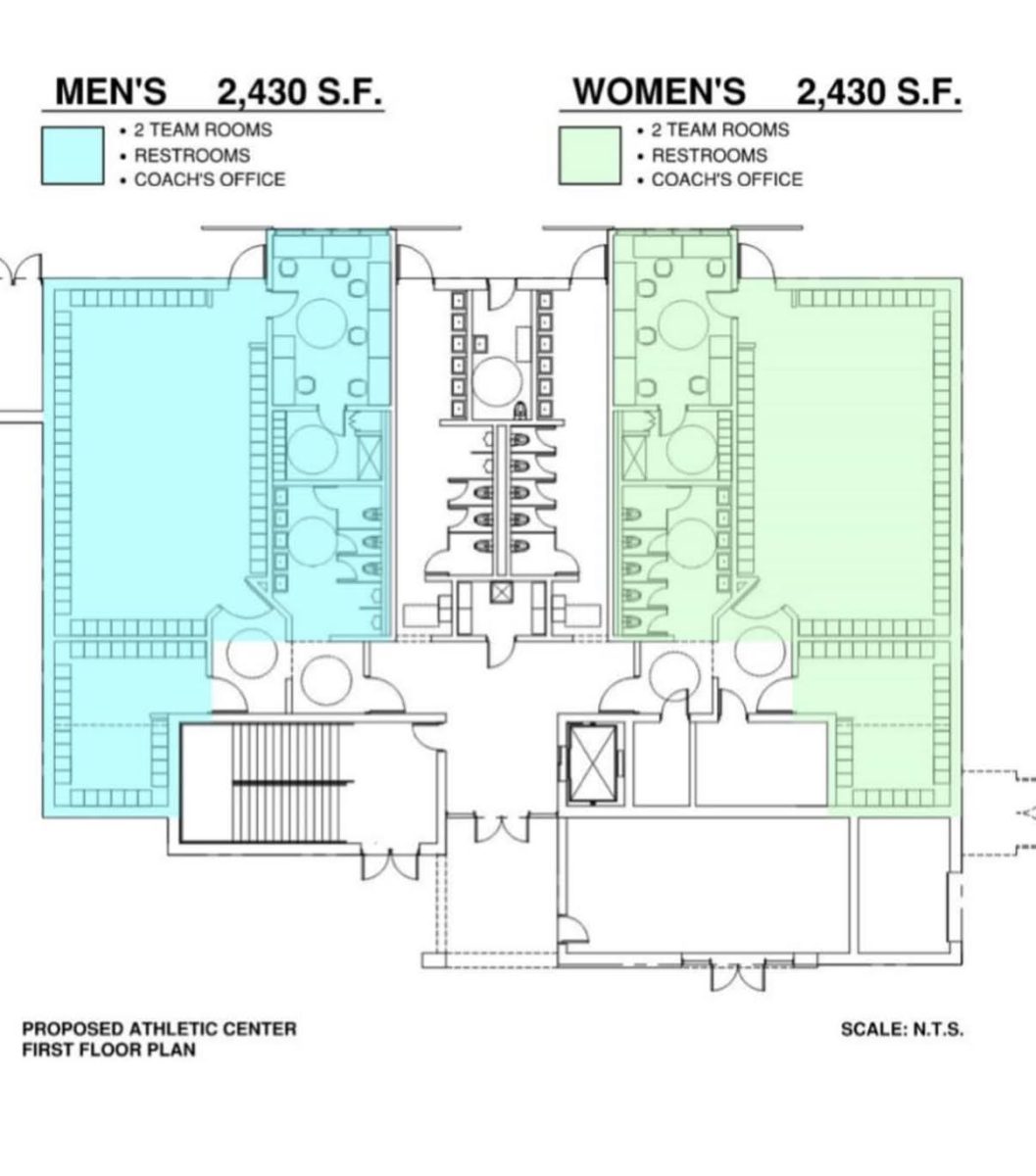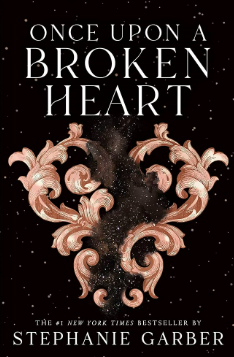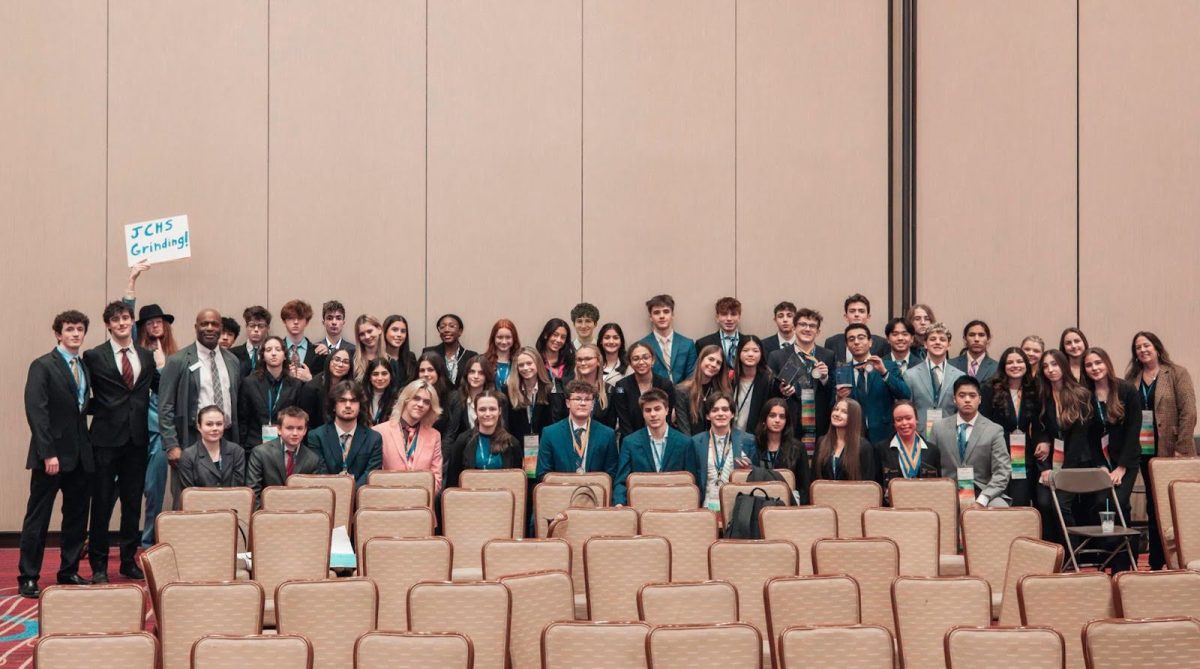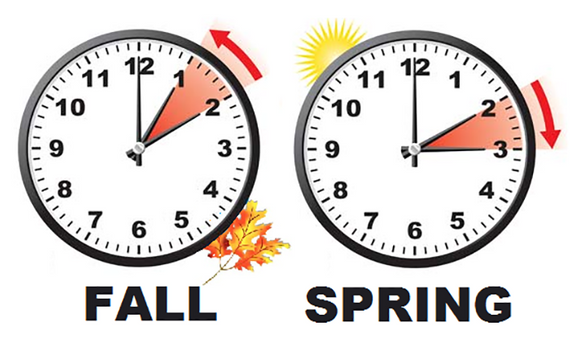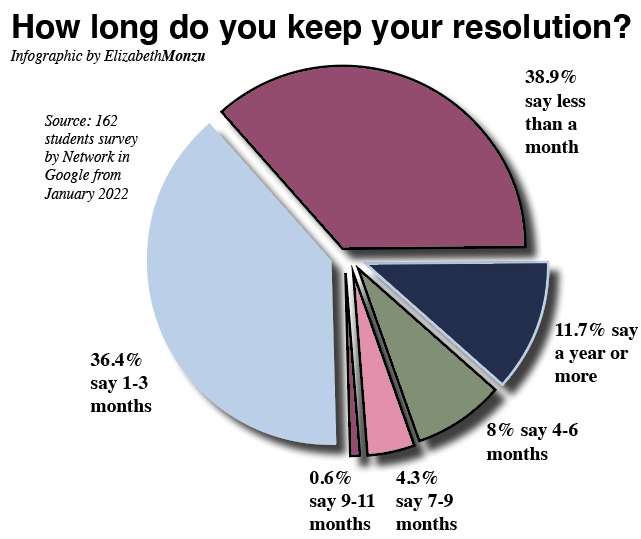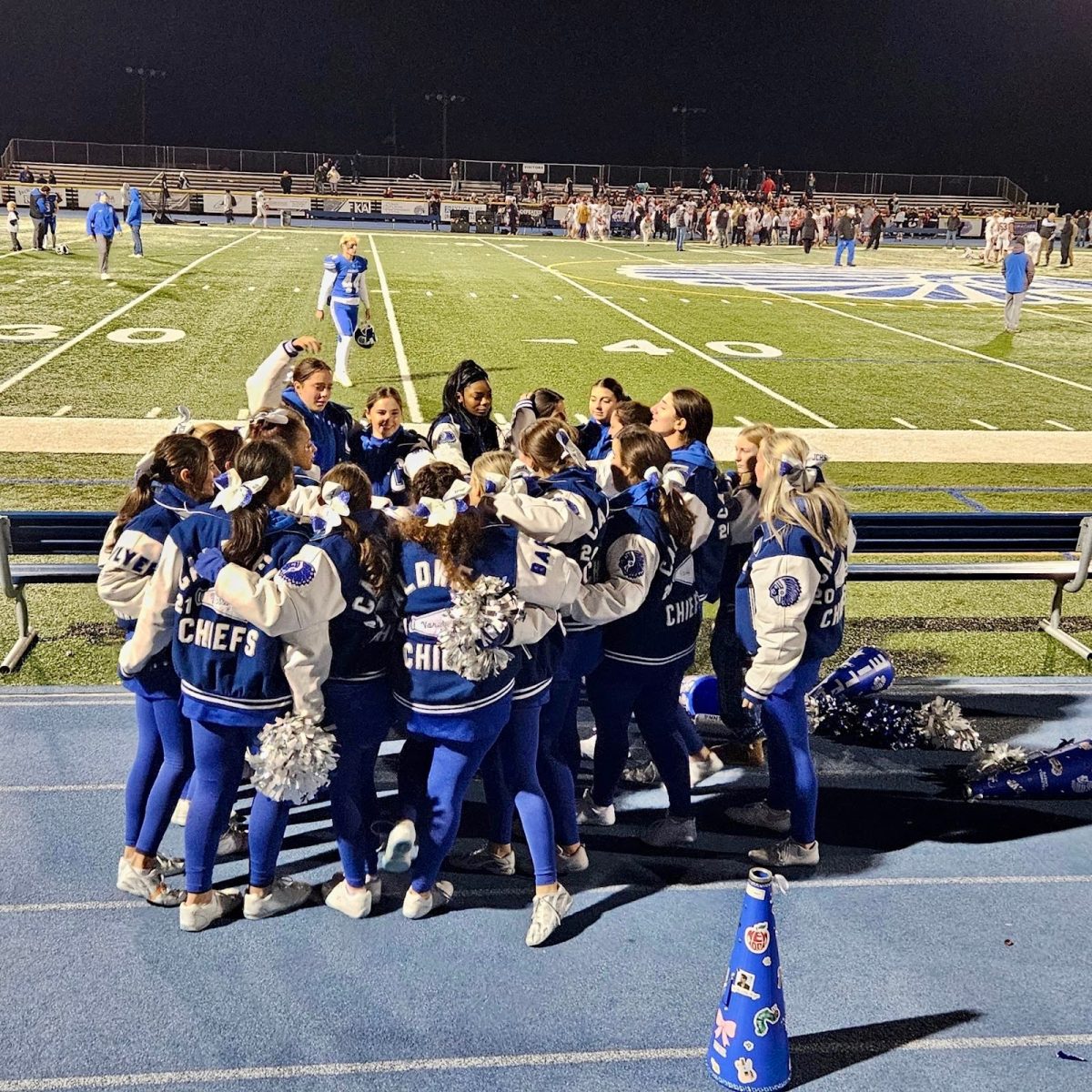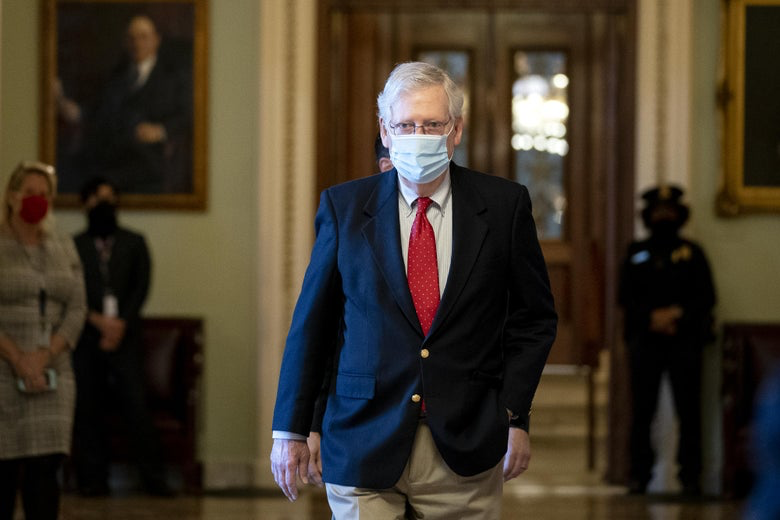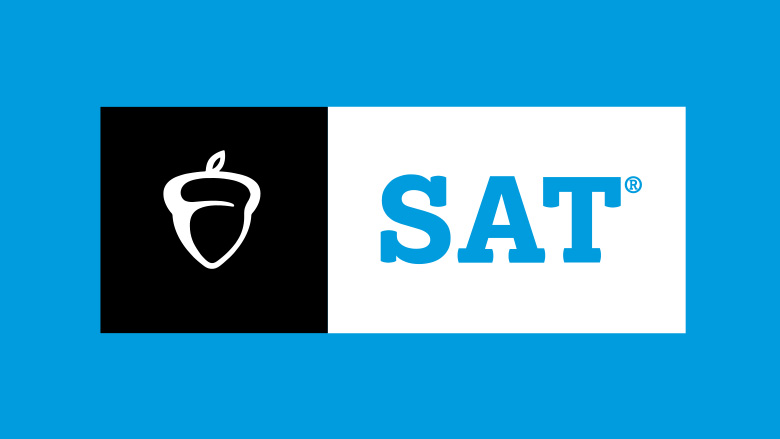With public health experts expecting a brutal season for COVID-19, the need for a federal stimulus package seems to be greater than ever. Economic relief is a bipartisan issue, but the problem lies in how each party wants to approach a possible relief program. Prior efforts have shown partisan disagreements leading to near-stalemates, and the $908 billion proposal by Congress appears to be no different. The bill is a combination of two proposals that failed to unite across party lines. One portion is a $748 billion proposal that includes general relief for schools, health care and small businesses. The other is more controversial; its contents led to the Congressional sparring that have derailed stimulus discussion in recent weeks.

The $160 billion second proposal includes liability protection for corporations and other industries from COVID-related lawsuits. Several key Republicans, most prominently Majority Leader Mitch McConnell, have argued corporations will be under excessive threat from litigation if protections are not implemented. For Republicans, this litigation can lead to economic hardship as big businesses face pressure. Democrats in Congress say otherwise: Minority Leader Chuck Schumer stated, “state and local funding is bipartisan, unlike the extreme corporate liability proposal.” Speaker Nancy Pelosi added, “a compromise on the liability issue should be found that does not jeopardize workers’ safety.” Congressional Democrats cite state and local funding as the key concern. From their perspective, liability is merely a measure to keep big business thriving even when litigation is warranted. State and local funding would provide key relief to healthcare and other front-line workers who are battling the resurgence of COVID-19. McConnell even proposed a cancellation of both controversial portions of the bill, but Democrats were not looking for such a compromise.
Partisan division over Coronavirus relief is nothing new; the earliest stimulus bills nearly ended in deadlock after weeks of sparring in Congress. Though nothing unordinary, this brand of partisan disagreement tells an interesting story of today’s political environment. A Pew Research report from as far back as 2014 found growing political polarization among politically active voters. Though most Americans are unlikely to fall down rigid ideological lines, those that do are often the ones who gain prominent positions in politics and the political sphere. Since politics attract the politically polarized, the Congress of the past decade has been less likely to compromise across party lines. Additionally, executive leadership has become less willing to cooperate with legislative bodies. Over a seemingly basic issue like COVID stimulus, the expectation would be compromise: each party would lose some of their positions to benefit the country as a whole. When both parties become unable to sacrifice their principles, deadlock occurs.
The coronavirus will be a lesson in how to handle a pandemic, how to guide a nation through strife, and what can happen when a political system becomes unable to help the people it is designed to protect.
Update: Stimulus checks and unemployment benefits are to be included in the new bill. As of December 17th, liability protections and local/state government assistance have not been included in the proposed bill.
Sources:
https://www.reuters.com/article/us-health-coronavirus-usa-congress-idUSKBN28N0U8
https://www.pewresearch.org/politics/2014/06/12/political-polarization-in-the-american-public/





